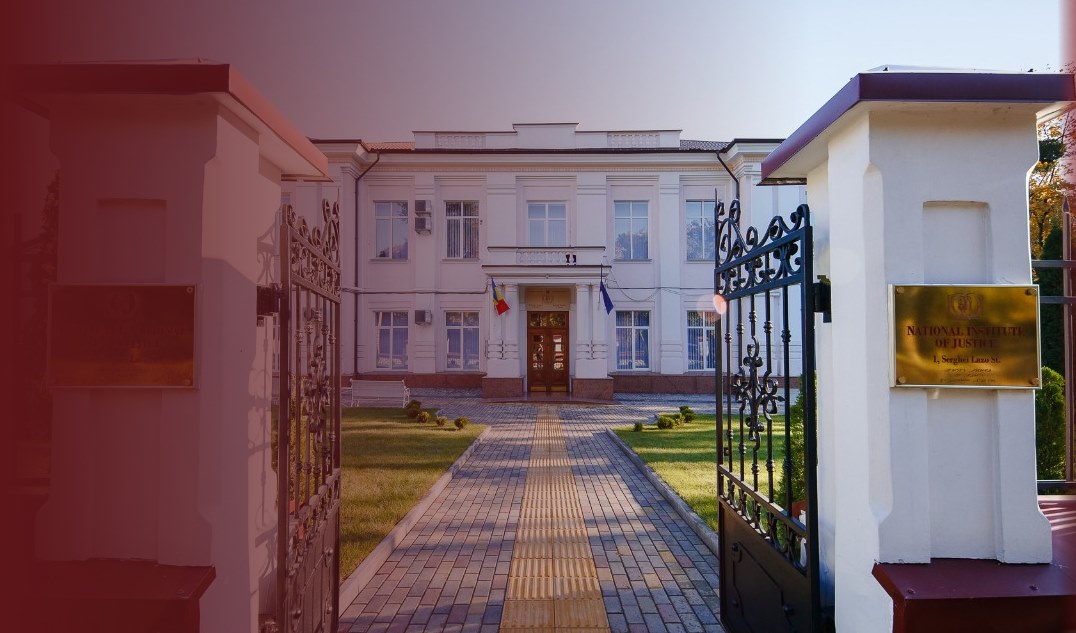On Friday, December 16, 2022, the National Institute of Justice was visited by the officials of the Embassy of Sweden in the Republic of Moldova – Thomas Alveteg, deputy head of the Development Cooperation Section, and Virginia Bilici, program coordinator, as well as by representatives of EcoContact – Tatiana Echim, project manager, and Tatiana Gumene, communication expert. On behalf of the National Institute of Justice, the meeting was attended by Ecaterina Popa, ad interim Director, Cezara-Elena Polisca, head of the Didactics, Methodological and Training of Trainers Section and Olga Marandici, head of the International Relations Section.
In this context, Ecaterina Popa welcomed the efforts of the Embassy of Sweden in our country, which, through several projects, invested in capacity building of NIJ beneficiaries and support the Republic of Moldova in the field of environmental protection. At the same time, the ad interim Director of the NIJ underlined the value of the partnership established several years ago with EcoContact in order to train legal professionals on the environmental justice segment.
During the meeting, were discussed the possibilities of developing the collaboration relations on the professional training. In particular, were approached aspects related to the organization of new seminars on sensitive topics such as environmental protection, addressed both to the trainees of the NIJ and to the judges and prosecutors in the exercise of their functions, as well as carrying out regional trainings with emphasis on local environmental issues. The parties also expressed their determination on the importance of competent experts who can deliver quality expertise in the field to the justice system.
We mention that, in order to promote good environmental governance and the development of legal education in the Republic of Moldova, as well as to establish a general framework for cooperation, a collaboration agreement was recently concluded between the National Institute of Justice, the Ministry of Environment and "EcoContact". It provides various forms and mechanisms of cooperation, including: exchanges of information and expertise, organization of training activities, carrying out joint research and publications in the field of environmental protection and human rights, participation in expert groups to unify law enforcement practice, development of guidelines on the examination of environmental disputes, etc.
